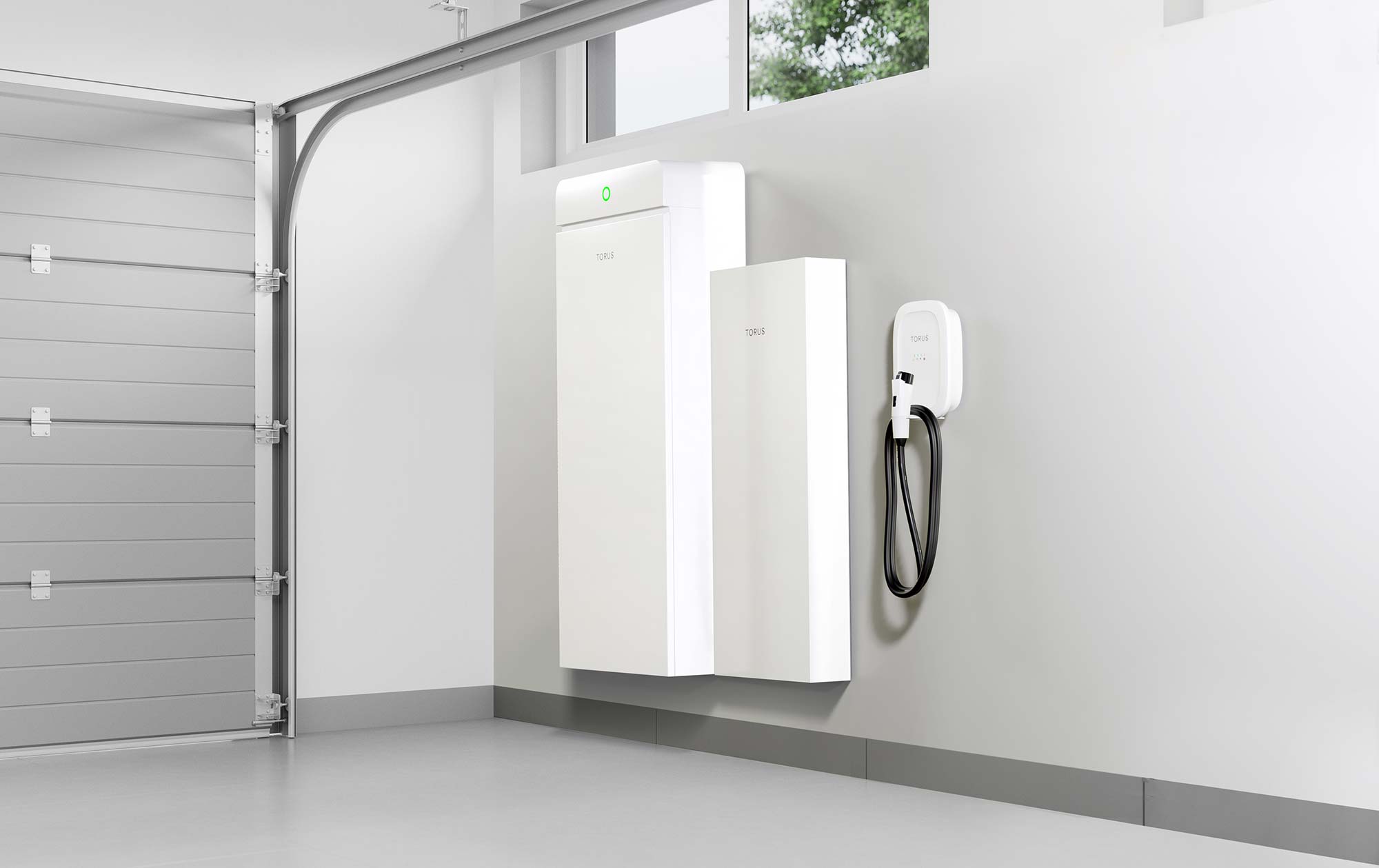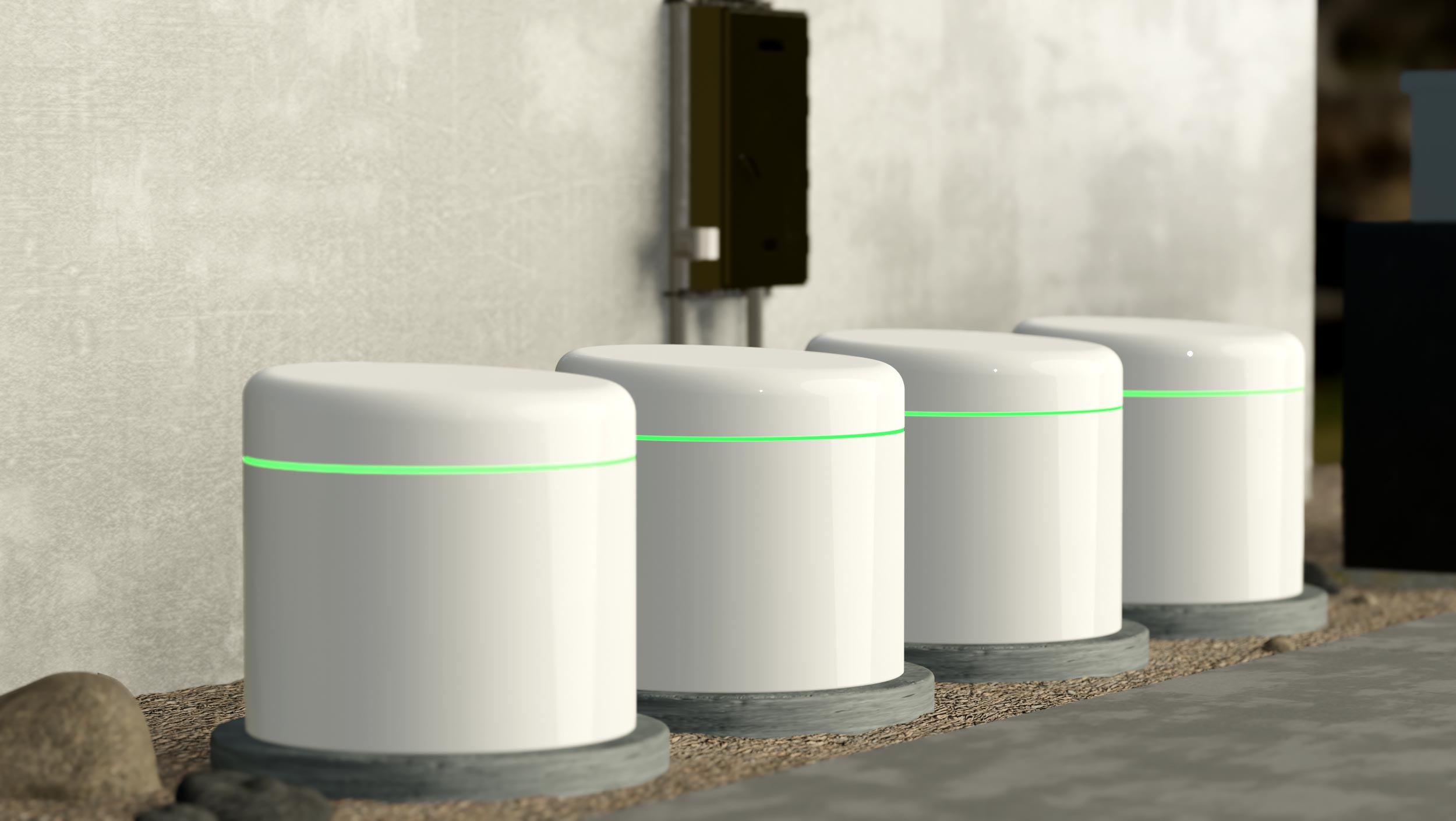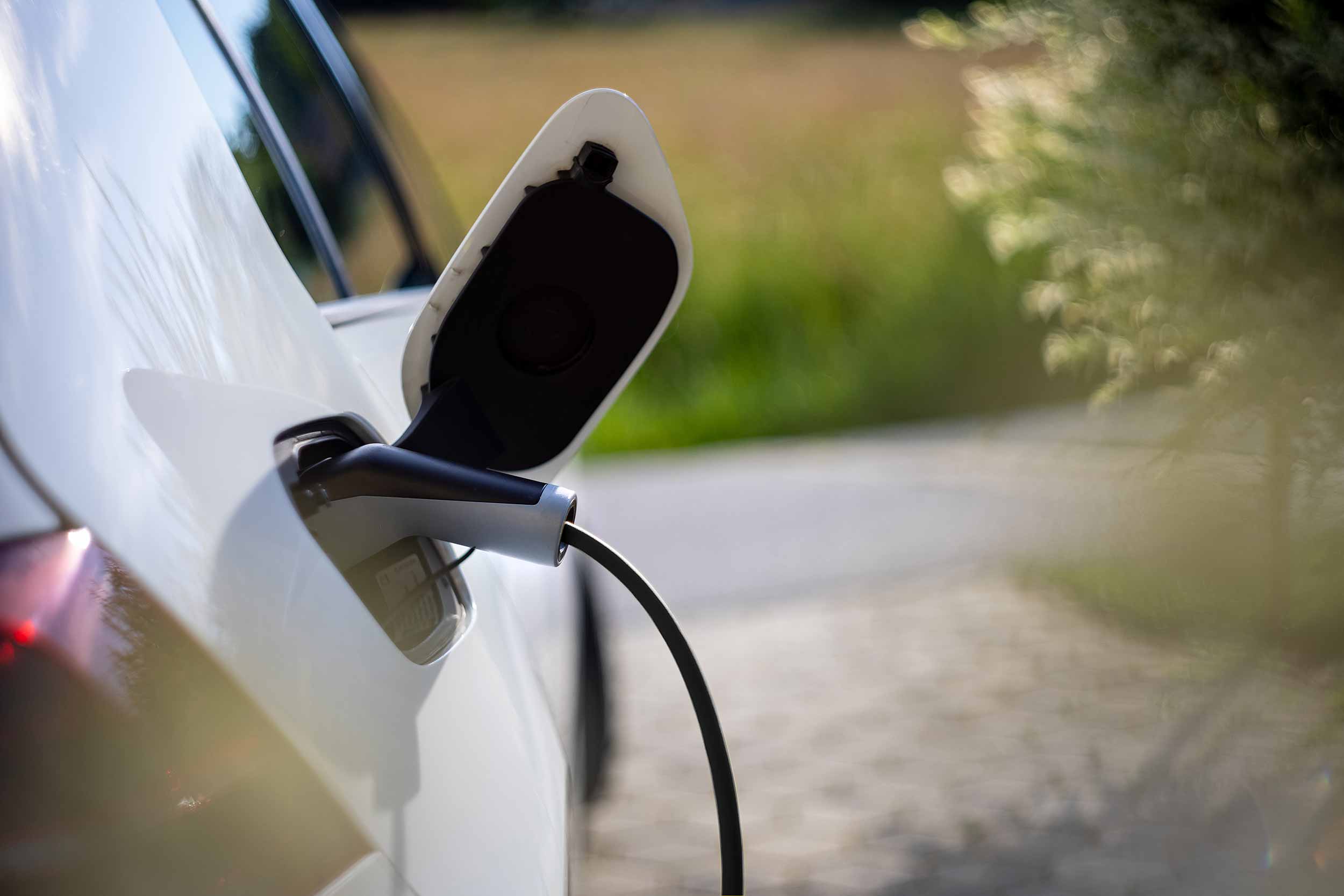What is Renewable Energy?
You’ve heard the term, here’s exactly what it means…
Energy that’s obtained via natural resources and can replenish its own supply in a relatively short period of time is what we call “renewable energy.” Unlike fossil fuels, these sources of energy do not deplete over time or contribute to environmental degradation. The global demand for clean, renewable energy has grown significantly as countries strive to combat climate change, reduce pollution, and achieve energy security. Below, we’ve outlined the primary types of renewable energy and the advantages of each.
Types of Renewable Energy
- Solar Energy: Solar energy is generated by collecting the sun's rays through either photovoltaic (PV) panels or solar thermal systems. While PV panels convert sunlight directly into electricity, solar thermal systems use the sun's heat to produce steam that powers turbines. Solar energy is popular and versatile, with applications ranging from small-scale residential systems to large, utility-scale power plants.
- Wind Energy: Wind energy is harnessed with wind turbines. As these turbines spin, they convert their kinetic energy from wind into mechanical energy and, subsequently, electricity. Wind turbines can be installed onshore or offshore, with the latter offering higher wind speeds and reduced environmental impact. Wind energy is quickly gaining traction as one of the fastest-growing renewable energy sources worldwide.
- Hydropower: Hydropower is generated by utilizing the gravitational force of falling or flowing water to drive turbines. This is the oldest and most widely used form of renewable energy, and it accounts for a significant portion of global electricity production. There are various types of hydropower systems, including large-scale dams, run-of-the-river systems, and small-scale hydroelectric projects.
- Geothermal Energy: Geothermal energy is derived from the Earth's internal heat, which is captured by drilling deep wells and tapping into hot water or steam reservoirs. Once captured, this heat can be used to generate electricity or provide direct heating in both residential and commercial applications. Geothermal energy is considered a stable and reliable source of power due to its continuous availability.
- Biomass Energy: Biomass energy is produced from organic materials, such as wood, agricultural residues, and waste products. Burning these materials can directly generate heat or be converted into biofuels like ethanol and biodiesel. Biomass energy is considered carbon-neutral, as the carbon dioxide emitted during combustion is offset by the carbon that’s absorbed by plants during growth.
- Ocean Energy: Ocean energy is generated from the movement of seawater, with the primary forms being tidal and wave energy. Tidal energy harnesses the power of tidal movements, while wave energy captures the energy from ocean surface waves. Though ocean energy is not yet widely used, it has massive potential for large-scale power generation.
Advantages of Renewable Energy
- Environmental Benefits: Renewable energy is a smart, sustainable investment because its many sources have minimal impact on the environment and emit little to no greenhouse gases or pollutants. Incorporating renewables into your home energy usage helps mitigate climate change and improve air quality.
- Energy Security: The more households that adopt renewable energy, the more diversified our energy mix becomes. This reduces our collective dependence on imported fossil fuels and increases the resilience of our existing energy systems to supply disruptions.
- Job Creation: The renewable energy sector is expanding, and there’s so much potential to create a vast number of jobs across various skill levels, from manufacturing and installation to research and development.
- Economic Growth: Investment in renewable energy infrastructure can contribute to economic growth, particularly in rural and underdeveloped areas where larger-scale projects are often located.
- Cost Reduction: As renewable energy technologies advance, their costs have been decreasing, making them increasingly competitive with traditional energy
The Torus Station is the most effective way to create, store, and manage clean, renewable energy at home.
Curious? Learn More.
Interested in a free consultation? Get in Touch
Ready to commit? Customize your system




